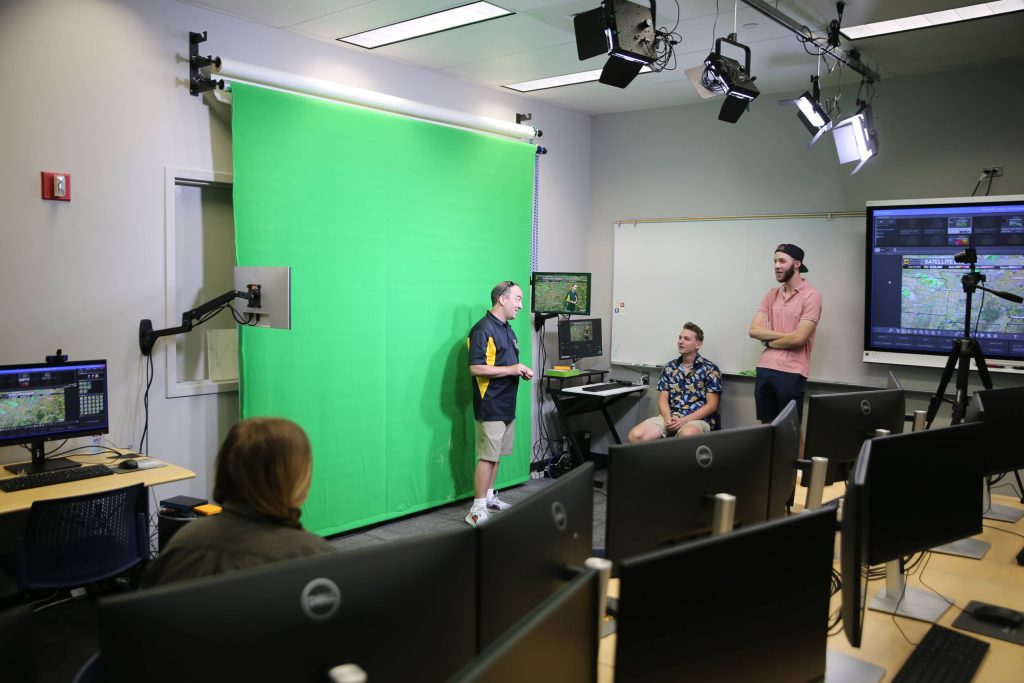
Late last year, as part of the University of Missouri’s mission to strengthen student success, Mizzou offered funding opportunities to enhance teaching and learning.
CAFNR faculty submitted a total of nine proposals – and earned funding on all of their submissions. The nearly $700,000 in investments ranged from technology upgrades in classrooms to new laboratory equipment. All six of CAFNR’s divisions earned funding.
“Including the various cost-shares and other contributions, we are investing nearly $1.3 million to enhance our students’ learning experiences, and, ultimately, their career success,” said Bryan Garton, senior associate dean and director of academic programs. “These funding opportunities are incredibly exciting and will benefit our students for years to come.”
A total of $200,000 is going to renovate two classrooms in the Agriculture Science Building (2-06 and 2-07), with a focus on technology enhanced active learning, which will benefit multiple CAFNR students, including those in the Division of Applied Social Sciences.
Nearly $175,000 is going to the School of Natural Resources for a trio of projects. Some of the funding will go to equipment and supplies, as well as updates to the soils laboratory. More than half of the funding will go toward the Weather Analysis and Visualization (WAV) Lab and includes upgrades to the computing infrastructure and the installation of a suite of broadcast-ready weather graphics and equipment.
The Division of Food, Nutrition and Exercise Sciences received $100,000 for Fitness Testing and Training (MU-FITT), which includes facility upgrades, curriculum revisions, and the offering of exercise testing and prescription services of MU-FITT to the campus community. Nearly $100,000 is going to the Division of Plant Science and Technology for advanced biotechnology equipment to enhance the Henry Kirklin Plant Science Learning Laboratory.
The Department of Biochemistry and the Division of Animal Sciences received nearly $68,000 and $20,000, respectively, for technology upgrades and equipment improvements.